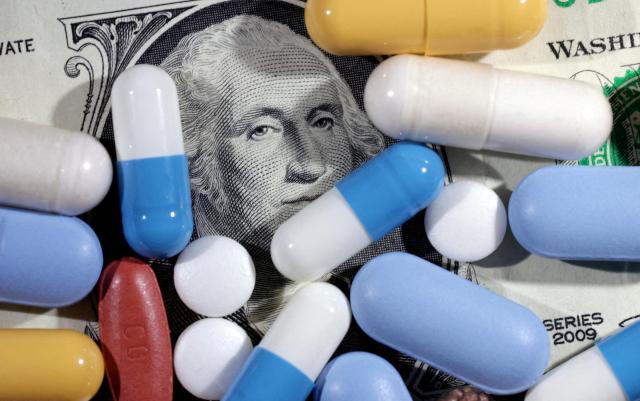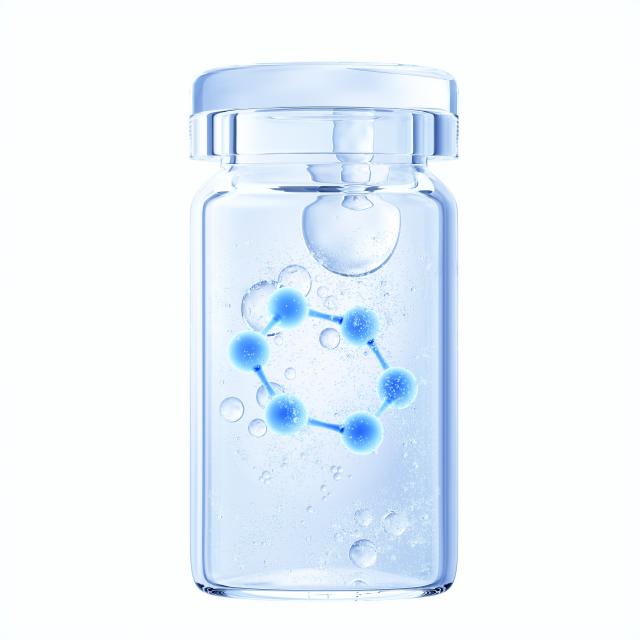
[Courtesy of Celltrion]
Celltrion said in a statement that the deal would allow the company to mature as a comprehensive global pharmaceutical company as it adds a lineup of powerful small molecule products. Compared to biological drugs that are complex and generally made in genetically engineered cells, traditional small molecule drugs can enter cells easily because it has a low molecular weight.
While speeding up the development of insulin biosimilars, Celltrion aims to position itself as a stable supplier of high-quality original drugs, citing high demands for treatments for chronic diseases such as diabetes, hypertension and hyperlipidemia.
Celltrion said in a statement that it has agreed to acquire Takeda's primary care businesses in the Asia Pacific region and secure rights for patent, trademark, approval and sales of 18 prescription and over-the-counter (OTC) brands available in South Korea, Thailand, Taiwan, Hong Kong, Macau, the Philippines, Singapore, Malaysia and Australia.
The acquired product portfolio includes new drugs for diabetes such as Nesina and Actos, Edarbi for hypertension and OTC drugs such as Whituben for cold remedy and Albothyl for stomatitis. Nesina and Edarbi are protected through product patents until 2026 and 2027, respectively.
Celltrion said it would utilize the new drug pipeline to complete its portfolio for diabetes and hypertension treatments. "By acquiring the rights for a selection of Takeda’s products in the Asia Pacific, Celltrion will be able to localize essential drugs for diabetes and hypertension, for which many local patients had to depend on imported drugs," CEO Kee Woo-sung was quoted as saying.
"Celltrion will take a big step to become a comprehensive global biopharmaceutical company,” Kee said.
Celltrion has been selected for a state project to develop a pen-type insulin biosimilar. An insulin pen is used to inject insulin for the treatment of diabetes. The company is also involved in a project to develop the antibody treatment of patients infected with a new coronavirus.
Celltrion's biosimilars include Herzuma, based on Herceptin developed by Genentech, a subsidiary of Swiss pharmaceutical giant Roche. Truxima, the first biosimilar to Rituxan (rituximab), treats patients with non-Hodgkin's lymphoma, chronic lymphocytic leukemia and rheumatoid arthritis. Remsima is a copy of Janssen Biotech's Remicade treating rheumatoid arthritis and Crohn's disease.
Copyright ⓒ Aju Press All rights reserved.




View more comments